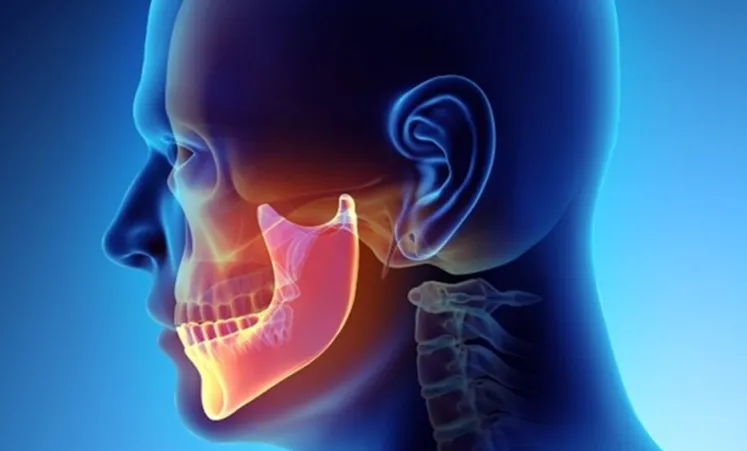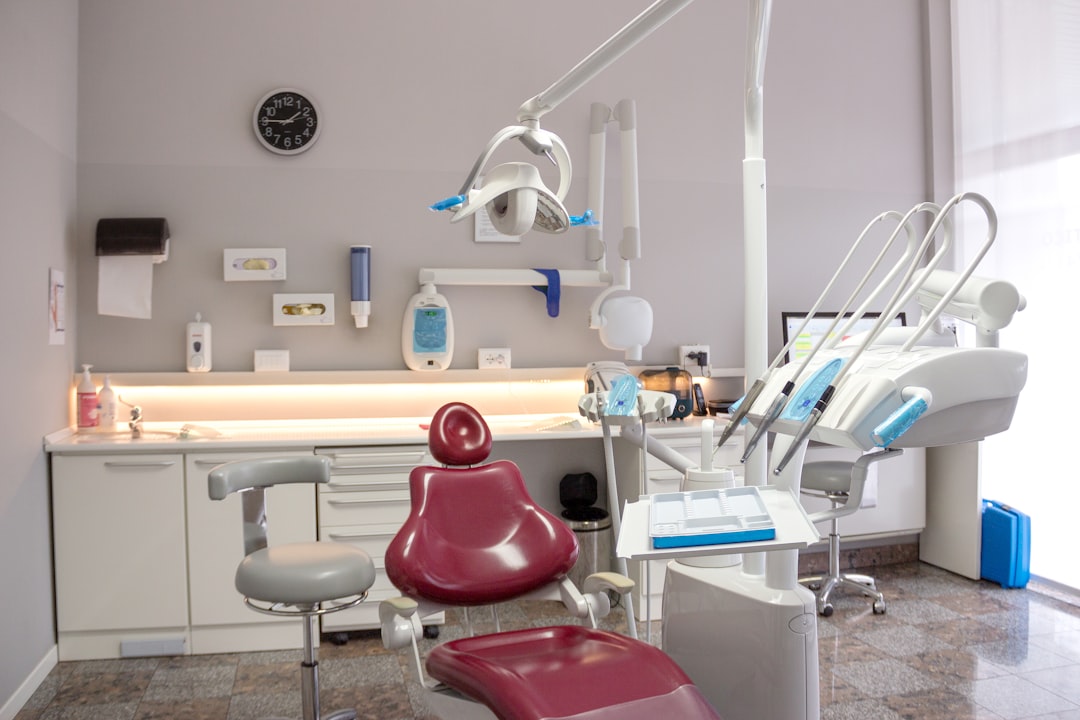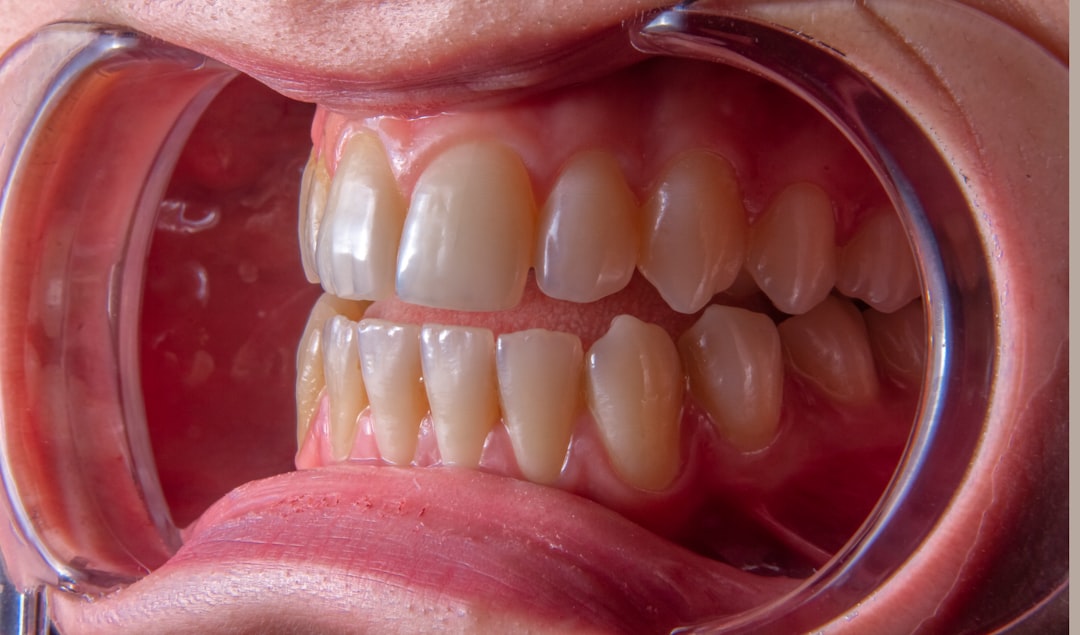TMJ Therapy
Specialized treatment for jaw pain, headaches, and TMJ disorders. Find relief and restore proper jaw function with our comprehensive approach.
Understanding TMJ Disorders
The temporomandibular joint (TMJ) is the hinge that connects your jaw to your skull, allowing you to talk, chew, and yawn. When this joint or its surrounding muscles become damaged or inflamed, it can lead to temporomandibular disorders (TMD), commonly referred to as TMJ disorders.
These disorders can cause significant pain and discomfort, affecting your quality of life. At Navarro Dental Care, we offer specialized TMJ therapy to address the root causes of your symptoms and provide lasting relief.
Common Causes of TMJ Disorders

Do You Have These Symptoms?
Our TMJ Treatment Approaches
We offer a variety of treatment options tailored to your specific condition and needs.
Custom Oral Appliances
Specially designed mouthguards or splints to reduce teeth grinding and jaw clenching
Benefits:
Physical Therapy
Targeted exercises to strengthen jaw muscles and improve range of motion
Benefits:
Botox Therapy
Therapeutic injections to relax overactive jaw muscles and reduce pain
Benefits:
Lifestyle Modifications
Dietary changes, stress management techniques, and habit correction
Benefits:
Our Comprehensive Approach to TMJ Care
We take a holistic approach to treating TMJ disorders, addressing both symptoms and underlying causes.
Thorough Diagnosis
We conduct a comprehensive evaluation of your jaw function, muscle tenderness, and joint sounds, along with detailed imaging when necessary to accurately diagnose your condition.
Personalized Treatment Plan
Based on your specific symptoms and diagnosis, we create a customized treatment plan that may combine various therapies for optimal results.
Ongoing Support
We provide continuous care and adjustments to your treatment as needed, ensuring long-term relief and management of your TMJ disorder.
TMJ Self-Care Tips
In addition to professional treatment, these self-care practices can help manage TMJ symptoms.
Apply Ice or Heat
Use ice packs for acute pain or heat for muscle relaxation. Apply for 10-15 minutes several times daily.
Eat Soft Foods
Choose soft foods that don't require excessive chewing to reduce strain on your jaw muscles and joints.
Practice Relaxation
Stress management techniques like meditation and deep breathing can help reduce jaw tension.
Avoid Wide Yawning
Support your jaw with your hand when yawning to prevent excessive opening that can strain the joint.
Improve Sleep Posture
Avoid sleeping on your stomach or side in positions that put pressure on your jaw.
Limit Chewy Foods
Avoid chewing gum, tough meats, and chewy candies that can aggravate TMJ symptoms.
Frequently Asked Questions About TMJ
Get answers to common questions about TMJ disorders and treatment options.
TMJ refers to the temporomandibular joint, which connects your jawbone to your skull. TMD (temporomandibular disorder) occurs when there are problems with this joint and the muscles controlling jaw movement, resulting in pain and dysfunction.
Diagnosis typically involves a detailed examination of your jaw, observation of jaw movement, listening for sounds, and palpating the joint and muscles. We may also use imaging tests like X-rays, CT scans, or MRIs to evaluate the joint's condition.
Treatment duration varies depending on the severity of your condition and the chosen treatment approach. Some patients experience relief within weeks, while others with chronic conditions may require ongoing management. We'll create a personalized treatment plan with realistic timelines.
Mild cases of TMJ disorder may improve with self-care practices and stress reduction. However, moderate to severe cases typically require professional treatment. Ignoring symptoms can lead to worsening pain and potential complications.
Suffering from Jaw Pain?
Don't let TMJ pain affect your quality of life. Contact us today to schedule a consultation and discover effective relief options.


